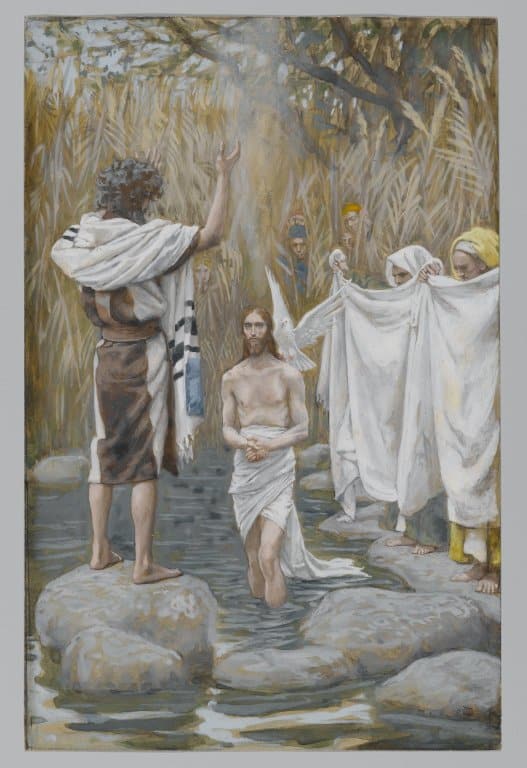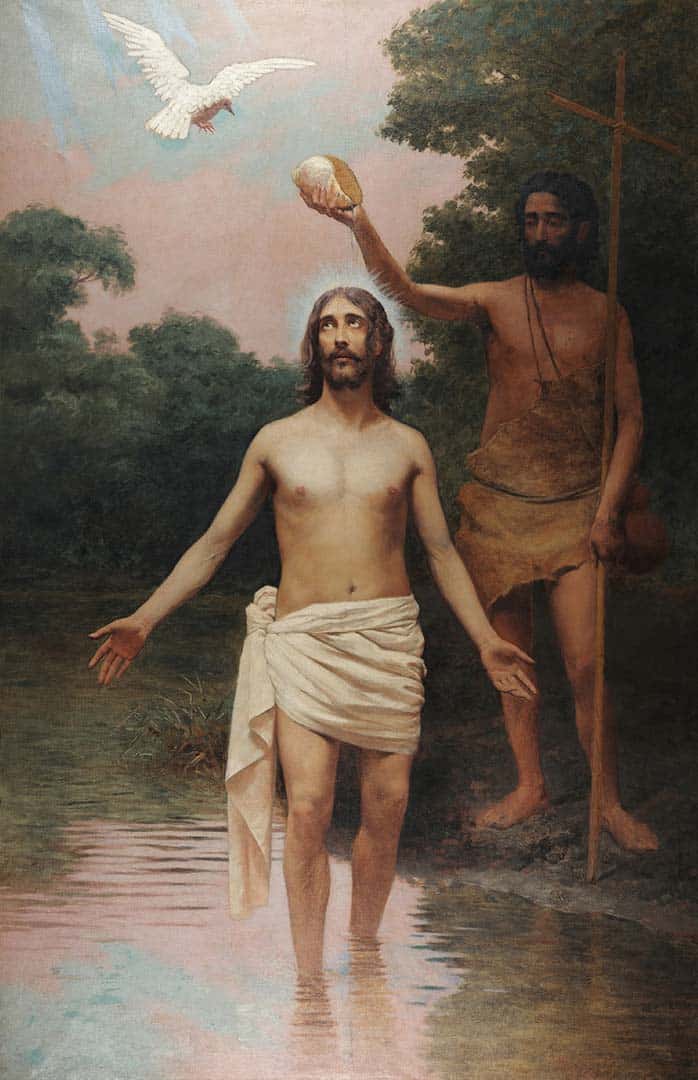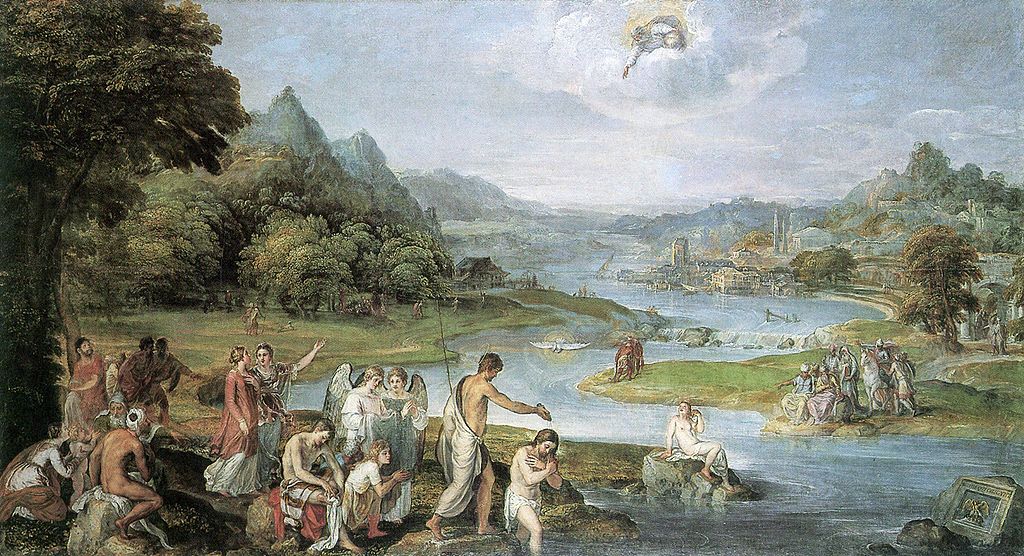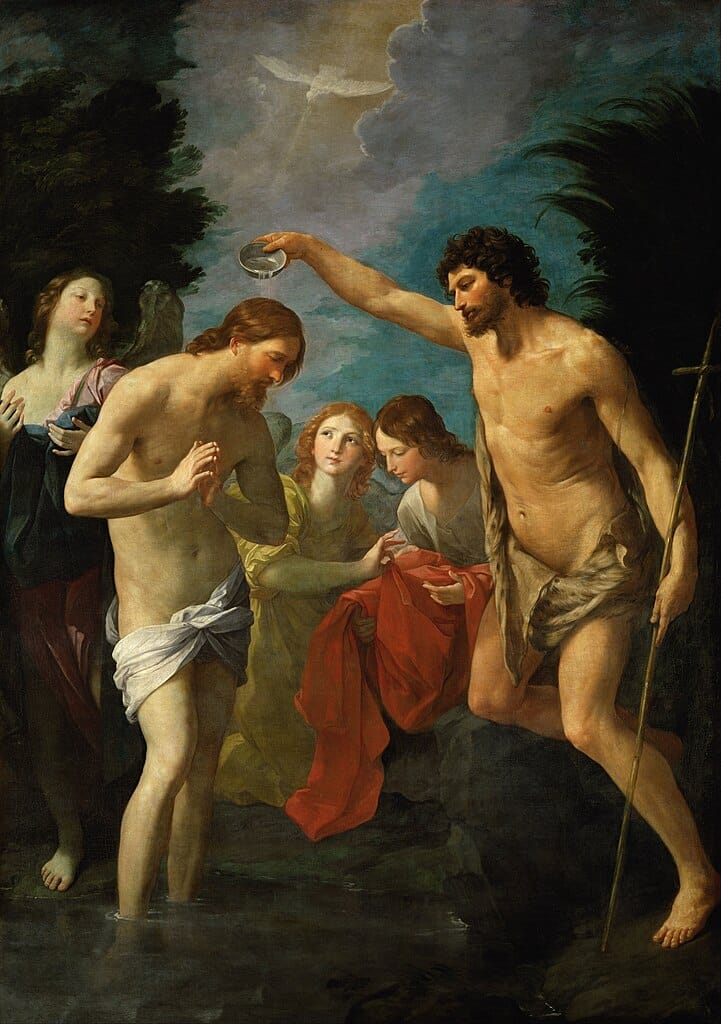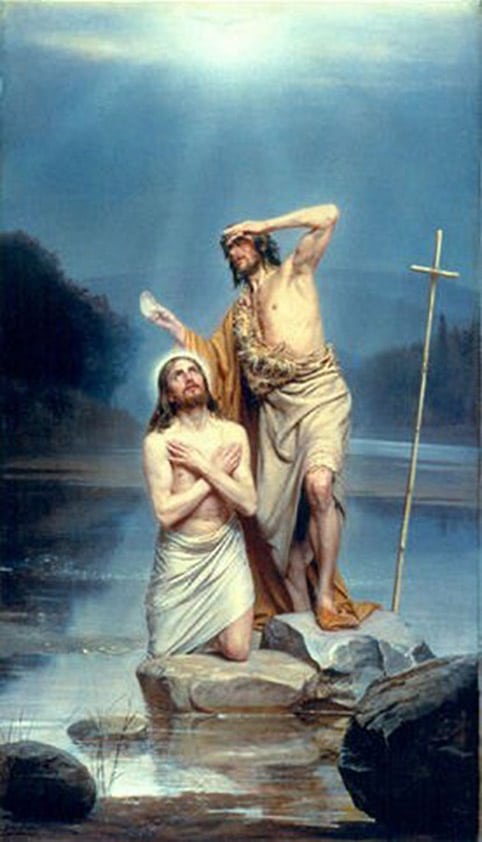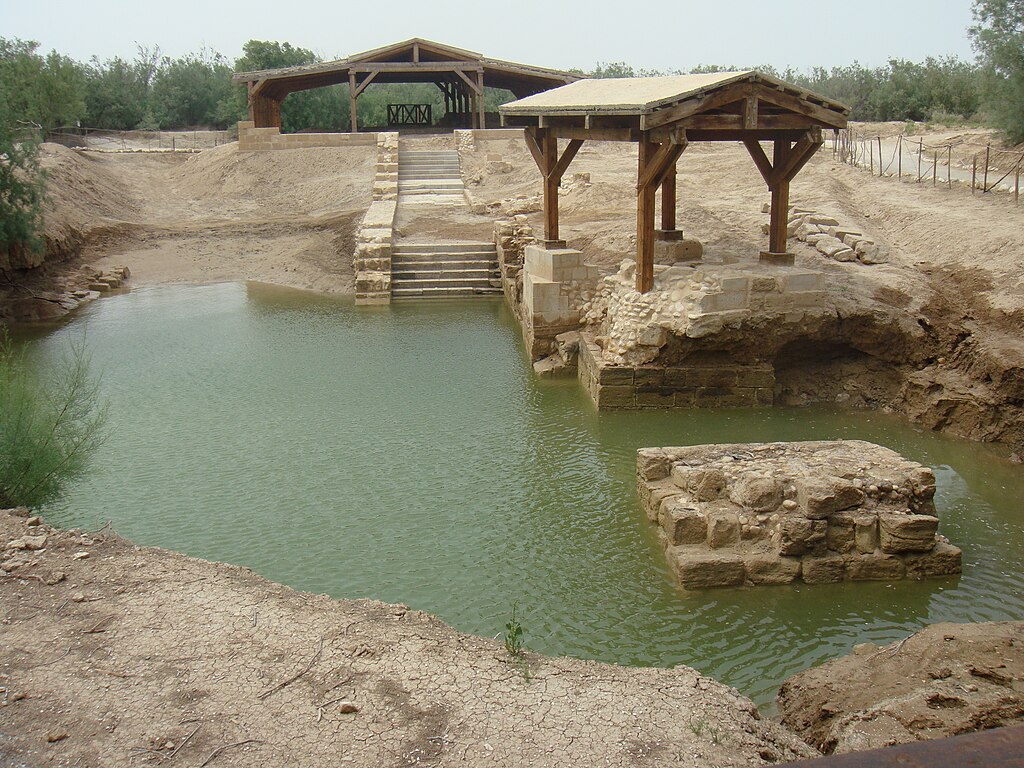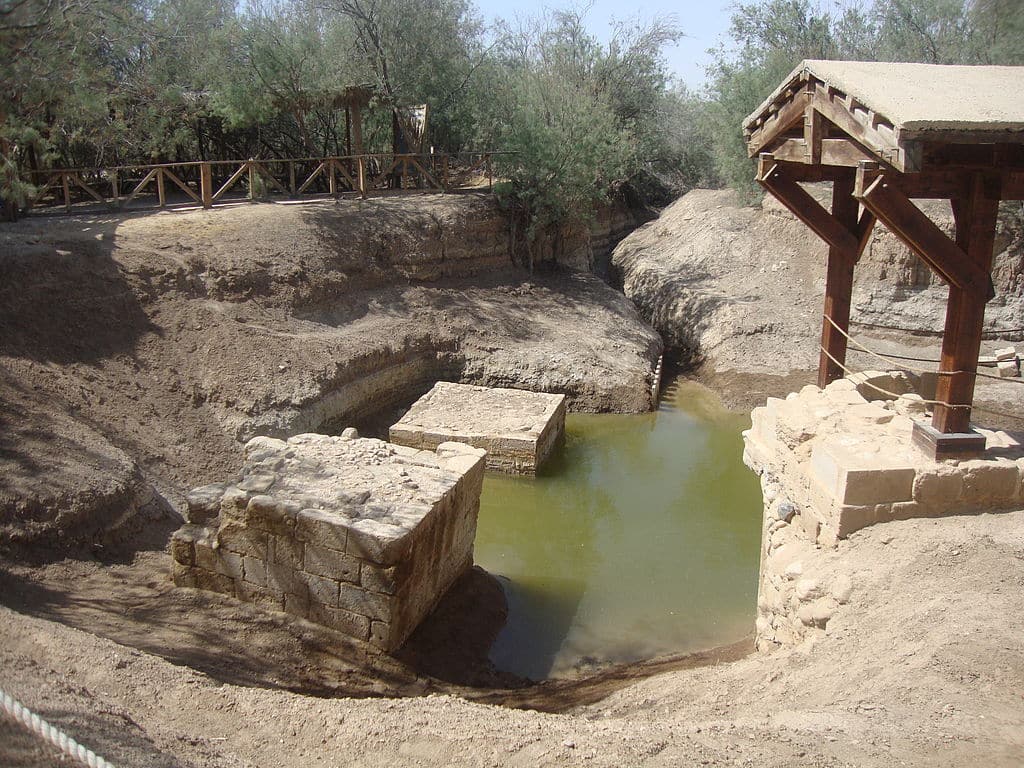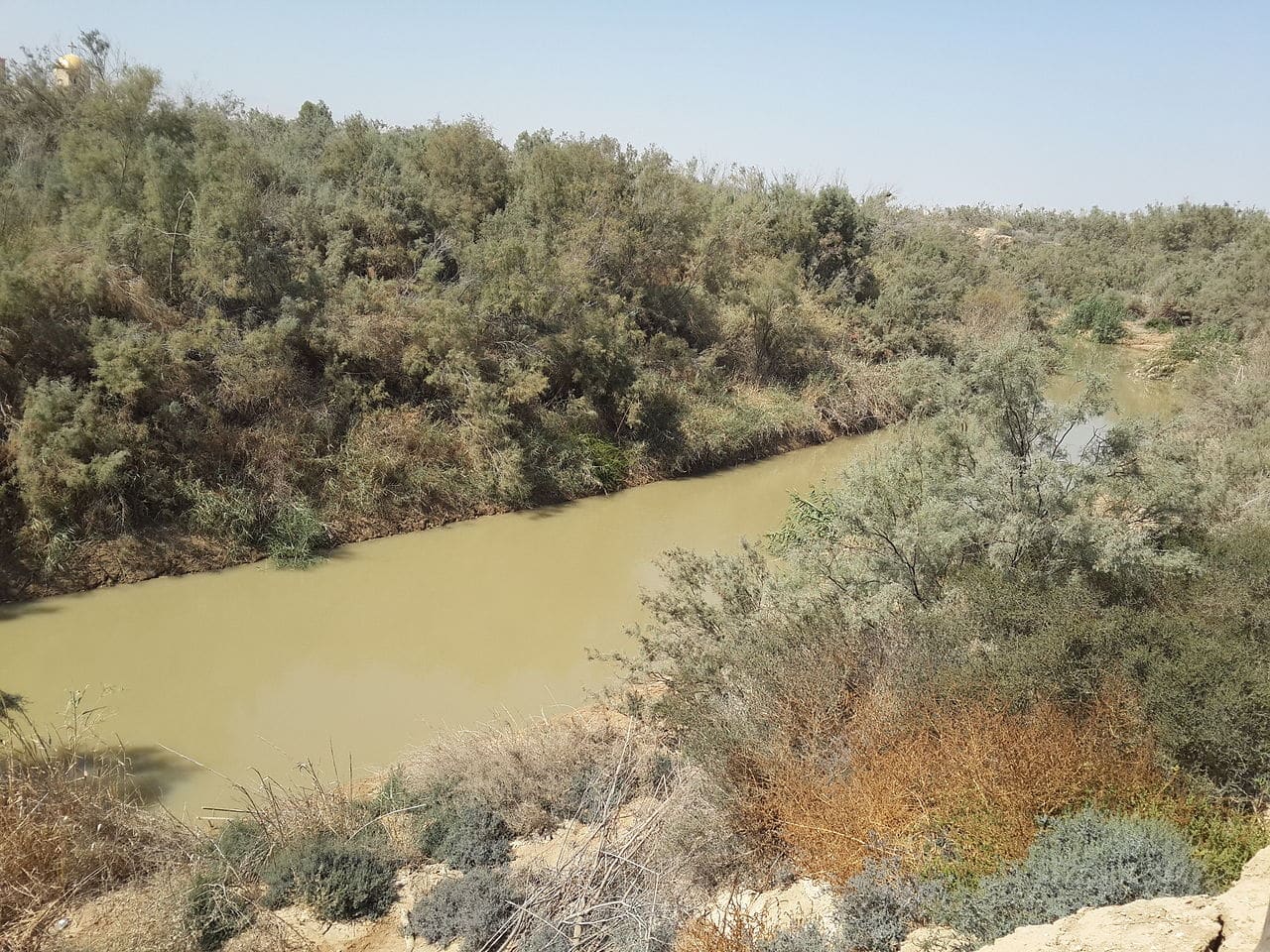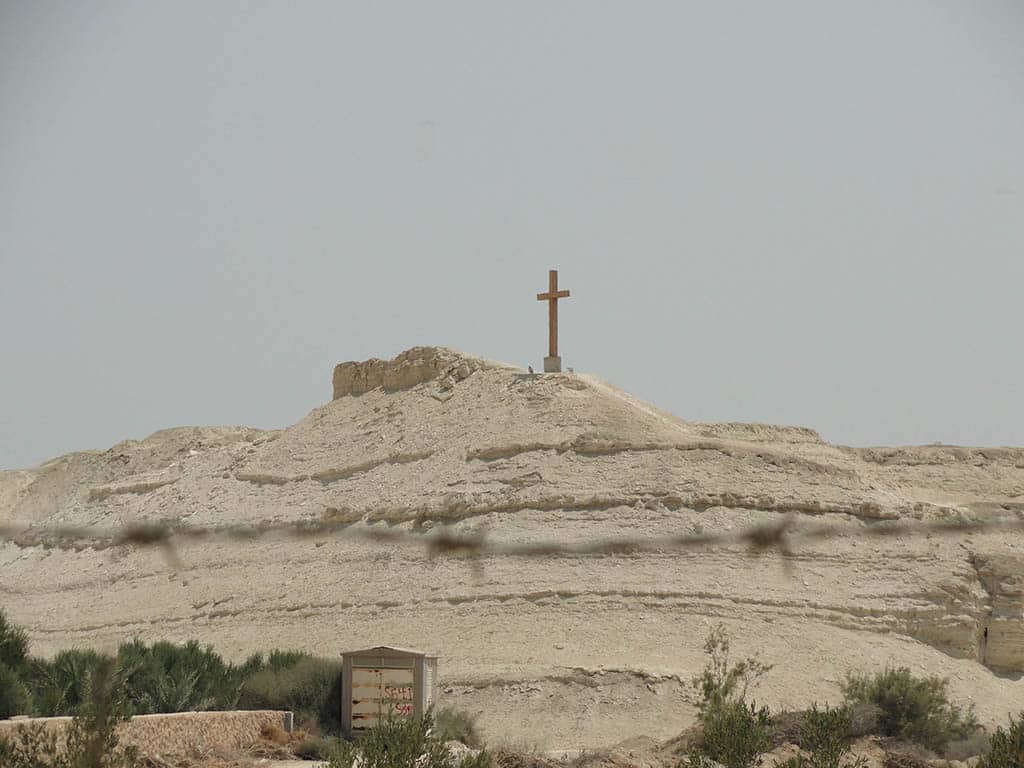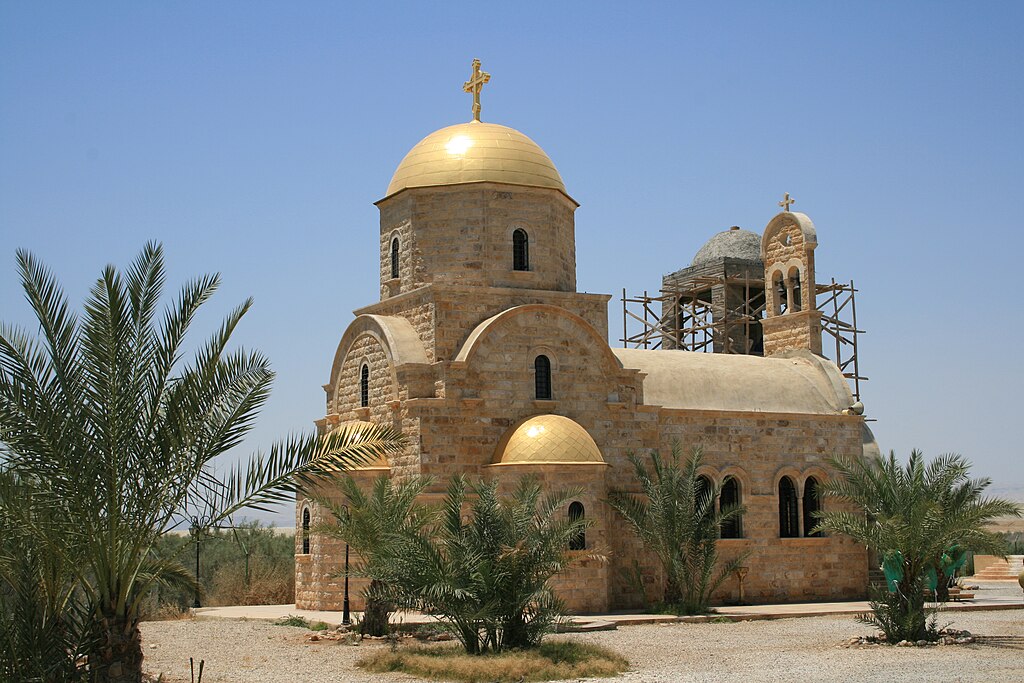Philippi
Carousel of images for this Bible Exhibit
Listen to this Bible Exhibit
Philippi was a city of great historical and biblical significance in eastern Macedonia along the major Roman road called the Egnatian Way. Known initially as Krenides, the city was fortified and renamed by Philip II of Macedon in 356 BC. The region was rich in gold mines, contributing to its economic and military importance. Later, in 42 BC, Philippi became the site of a decisive battle in which Mark Antony and Octavian defeated Brutus and Cassius, ending the Roman Republic and paving the way for the Roman Empire. Following the battle, Philippi was settled by Roman veterans and granted the status of a Roman colony, giving it many privileges, including self-governance under Roman law.
The apostle Paul visited Philippi on his second missionary journey after receiving a vision of a Macedonian man calling for help Acts 16:9-10. Upon arriving, he and his companions—Silas, Timothy, and Luke—found a place of prayer by the river, where they met Lydia, a wealthy merchant of purple cloth. Lydia became the first recorded European convert and hosted Paul and his companions in her home Acts 16:14-15.
Philippi had a strong Roman identity, and the opposition Paul and Silas faced reflected the Roman hostility toward new religious movements that threatened the worship of their gods. When Paul cast out an evil spirit from a slave girl, her owners, angered by their financial loss, accused him of promoting unlawful customs. Without a trial, the magistrates had Paul and Silas beaten and imprisoned Acts 16:16-39. That night, an earthquake miraculously freed them, leading to the conversion of the jailer and his household. The next day, when the authorities discovered that Paul and Silas were Roman citizens, they were alarmed and requested they leave the city.
Despite their departure, Paul maintained a deep affection for the Philippian church. It became a model congregation known for its generosity and support of Paul’s ministry. The Philippians sent aid to Paul multiple times, even when other churches did not Philippians 4:15-18. Paul later wrote the letter to the Philippians while in prison, expressing joy, encouragement, and gratitude for their faithfulness Philippians 1:3-6.
The archaeological remains of Philippi, including its forum, theater, and stretches of the Egnatian Way, affirm its historical significance. The location traditionally associated with Paul’s imprisonment is still marked today. Philippi was one of the first strongholds of Christianity in Europe, and its church played a key role in spreading the gospel. Even after Paul’s time, Christian leaders such as Polycarp corresponded with the believers there, testifying to the enduring strength of the Philippian church.
Philippi’s story underscores the gospel’s power to transform lives, from Lydia’s household to the Philippian jailer. It reminds us of the joy found in Christ, the strengthening of faith in trials, and the call to steadfastness in the Christian walk.



